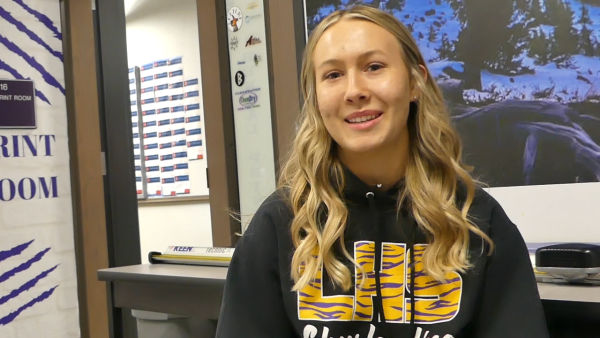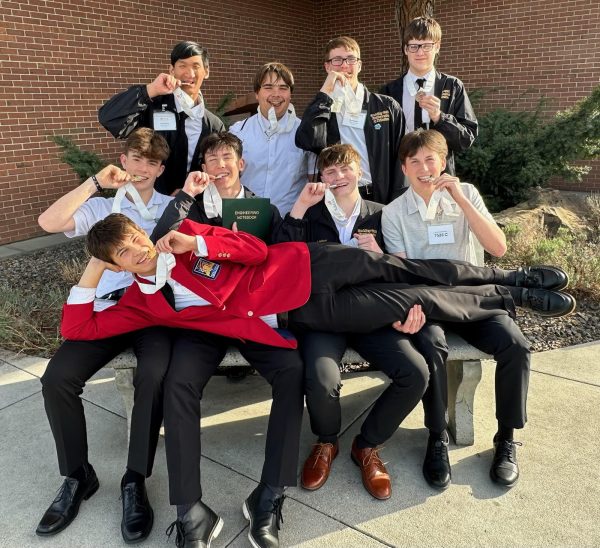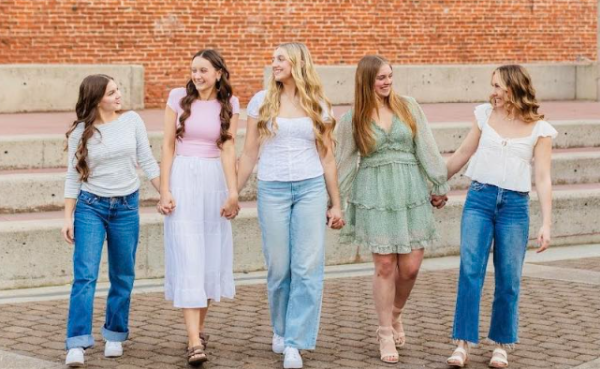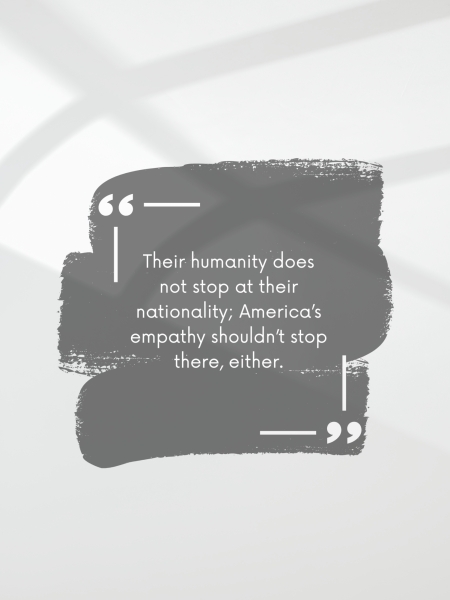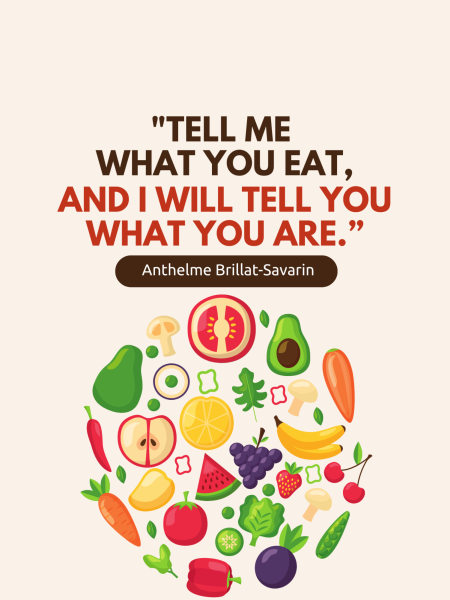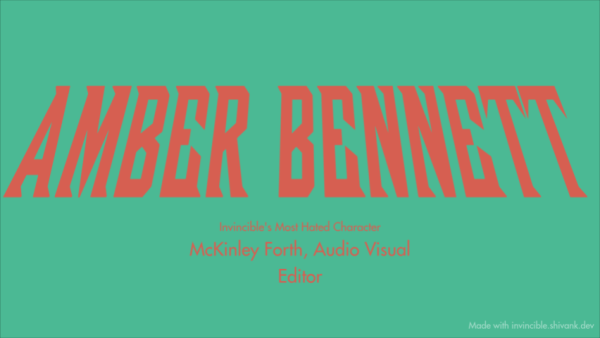Egland’s Best: Clubs provide diversity
Respect and equality for all ethnicities, genders and sexualities have been major topics in the news recently. However one topic has often been left out of the light — respect for all interests and hobbies.
According to the LHS handbook, at the beginning of the 2016 school year there were 32 different clubs at LHS, not including sports teams. That is more than 32 groups of people who have different interests and goals. Some clubs have minimal members and a number of meetings, while others are large and have no meetings at all. Some sports seasons occur a few months out of the year, while others are year-round. The diversity of interests and activities is huge. The number of clubs and organizations at LHS makes the school a rich environment for learning new skills or experiencing new things.
Some clubs such as BPA, DECA, HOSA and FCCLA focus on future life skills and different careers that students may be interested in. Clubs such as rodeo, poetry and art work around student hobbies, and help improve skills in these potential careers. Other clubs like The Bengal (yearbook), and The Bengal’s Purr student newspaper help produce the school’s publications and historical record. All of these clubs are crucial to Lewiston High School’s rich educational environment.
Now imagine a pep assembly without the cheerleaders, a parade without the band, a school without sporting events such as football games and track meets. That would be a school far less interesting than the one around us today.
So why are some clubs or teams often left in the shadows? If every club contributes to LHS in one way or another, why are some deemed more valuable than others? Why do the sporting events have more of an audience than the drama production? Why do only the sporting events get a good luck announcement over the intercom before they leave for state?
It’s all on the individual’s point of view. Some students see more value in high-intensity sports and games, while others enjoy art and music. All of these activities help further integrate students into the world as adults. Some of students may end up being professional athletes, while others might end up composing music for a living.
The LHS community might as well accept the differences now, and treat the basketball player and the percussionist with the same amount of respect. Same goes for the journalist and the poet, or the mechanic and the engineer. All of these people will one day fit into the world, and treating them poorly because their interest doesn’t match that of their peers doesn’t make their hobbies or goals any less valid.


